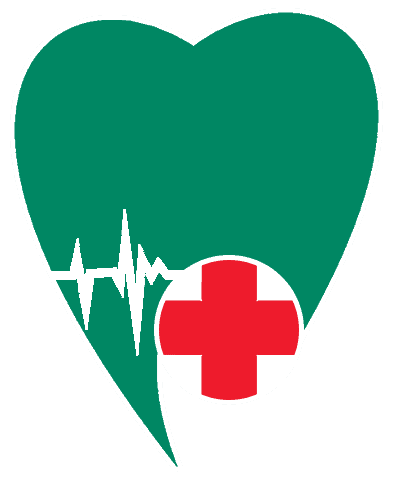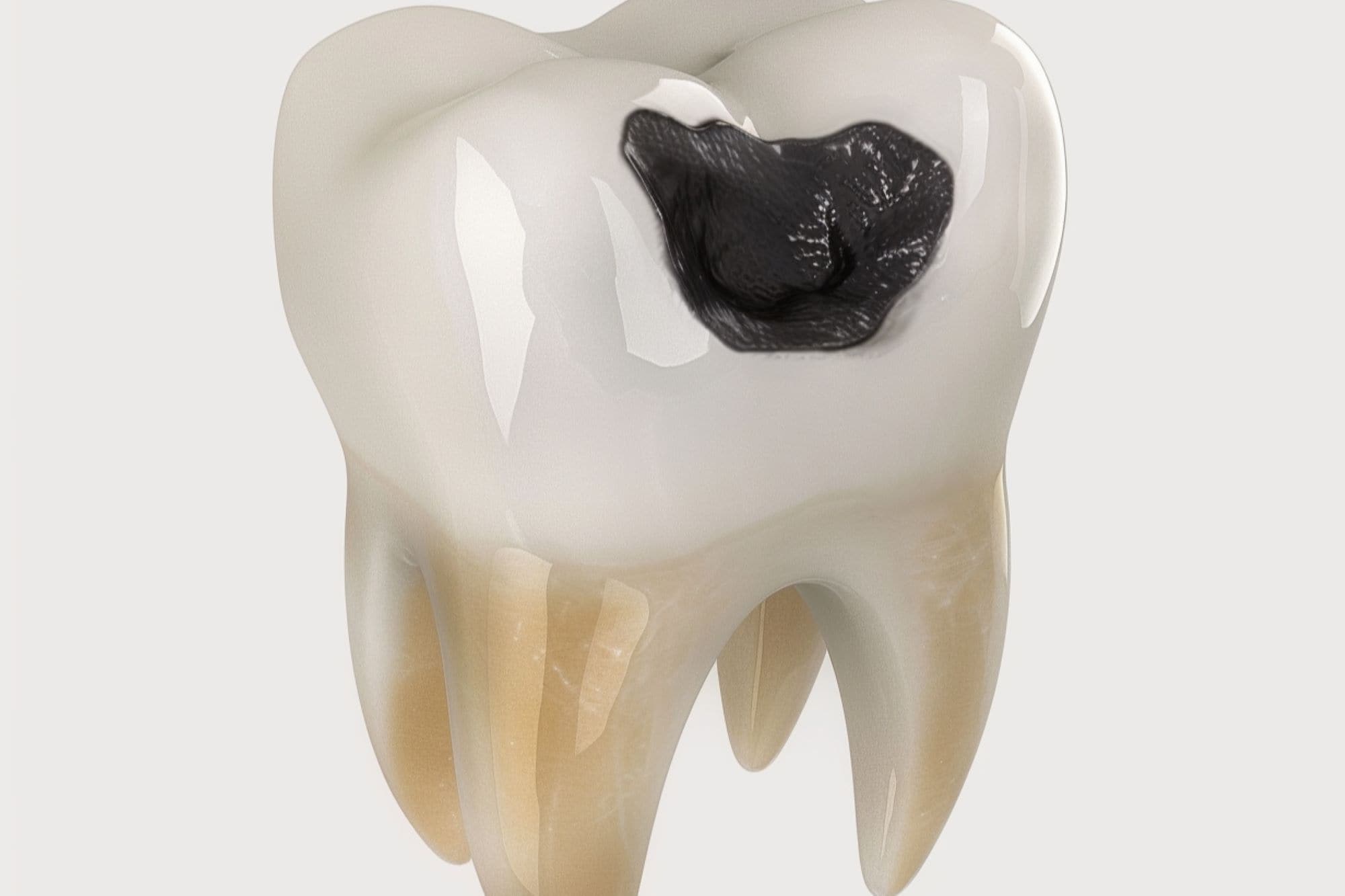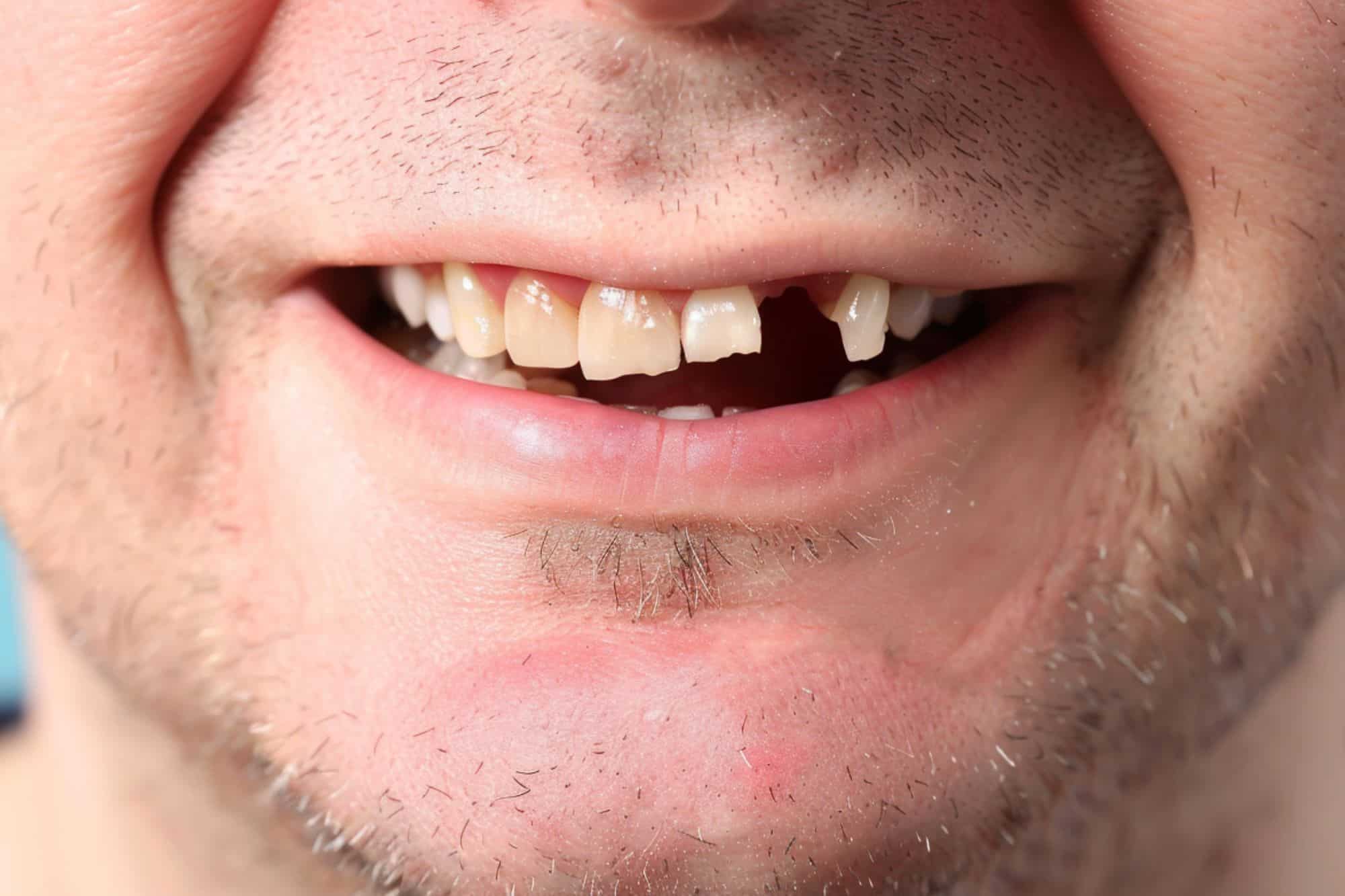When you suffer from a toothache, the pain can be unbearable, making even simple tasks seem impossible. In these moments, an emergency dentist can be your best ally. These dental professionals specialize in quickly addressing pain and underlying issues, providing both immediate relief and long-term solutions. Let’s explore how they can help you when you face a dental crisis.
Toothaches and the Need for Emergency Dental Care
Toothaches can strike suddenly and intensely, making it clear why sometimes, immediate dental attention is necessary. But what exactly qualifies as a dental emergency when it comes to toothaches? Here are some key points:
A dental emergency involves any oral health issue that requires immediate attention to relieve severe pain, stop ongoing tissue bleeding, or save a tooth. This can include severe infections, visible damage to the teeth, or significant pain that disrupts daily activities.
Symptoms That Require Immediate Attention
If you’re experiencing any of the following symptoms, it’s time to seek emergency dental care:
- Intense, throbbing pain that doesn’t subside with over-the-counter pain relievers.
- Swelling in your jaw or face could indicate an infection.
- A fever accompanied by tooth pain is another sign of infection.
- A broken tooth or dental restoration that causes pain or sharp edges that can injure your tongue and cheeks.
Recognizing these signs and understanding when to seek help is crucial. Emergency dentists in Winston-Salem are equipped to handle such urgent needs, ensuring that you receive the fastest and most appropriate treatment to alleviate pain and address the cause.
Common Causes of Toothaches Addressed by Emergency Dentists
Toothaches can arise from various issues, each with its own set of symptoms and treatments. Emergency dentists are well-prepared to tackle these problems, providing relief and preventing further complications. Here are some of the most common causes they encounter:
Cavities and Decay
One of the primary causes of toothaches is dental decay. When bacteria break down the enamel and deeper layers of a tooth, it can lead to cavities that expose sensitive nerves, causing pain. Emergency treatment might involve placing a temporary filling to protect the tooth until a permanent solution is applied.
Broken or Fractured Teeth
Accidents or chewing hard foods can cause teeth to break or fracture, exposing the nerve and resulting in intense pain. In such cases, an emergency dentist might use a dental bonding material to seal any cracks temporarily or fit a crown to protect the tooth from further damage.
Gum Infections and Abscesses
Infections in the gums or the formation of an abscess can be excruciating. These are often accompanied by swelling and a bad taste in the mouth. Emergency treatment typically involves draining the abscess to relieve pressure and prescribing antibiotics to combat the infection.
Identifying the source of your toothache is the first step an emergency dentist in Winston-Salem will take. By understanding what’s causing your pain, they can quickly implement the most effective treatment, providing relief and preventing the problem from worsening.
Immediate Treatments Provided by Emergency Dentists
When you visit an emergency dentist in Winston-Salem for a toothache, you can expect immediate and effective treatments aimed at alleviating pain and stabilizing the condition. Here’s what emergency dentists typically do to provide quick relief:
Pain Management
The first priority is to relieve your pain. Emergency dentists often administer local anesthesia to numb the affected area. This immediate action allows for a more comfortable and thorough examination and treatment.
Temporary Fillings and Repairs
If your toothache is caused by a cavity or a damaged filling, the dentist may apply a temporary filling. This not only eases the pain but also protects the tooth from further decay and damage until a more permanent solution can be applied.
Antibiotic Prescriptions
In cases where there’s an infection, such as an abscess, emergency dentists may prescribe antibiotics to start fighting the infection right away. This is crucial to manage infection-related pain and prevent its spread.
With the emergency phase managed, the dentist will also discuss the next steps for permanent solutions …
These treatments are typically quick to administer and focus on the immediate alleviation of severe symptoms, ensuring that you can leave the dental office in much less discomfort than when you arrived. With the emergency phase managed, the dentist will also discuss the next steps for permanent solutions to prevent future problems.
Long-term Solutions Following Emergency Treatment
After the immediate emergency is addressed, it’s crucial to consider long-term solutions to ensure the problem doesn’t recur and to maintain overall oral health. Here are some common follow-up treatments that emergency dentists in Winston-Salem might recommend:
Follow-up Care
Emergency dental treatments are often temporary and require follow-up appointments. For instance, if you received a temporary filling for a cavity, you will need to return to have a permanent filling or possibly a crown placed. This ensures the tooth is restored to its full function and appearance.
Restorative Options
Depending on the severity of the damage or decay, more comprehensive options may be necessary. These can include dental crowns, bridges, or even root canal therapy if the nerve of the tooth has been affected. These procedures are designed to save the tooth and prevent the need for extraction.
Preventive Measures
To prevent future dental emergencies, your dentist will also discuss preventive measures with you. This might include better oral hygiene practices, the use of dental sealants, or more regular dental check-ups.
By taking these steps, you not only address the current dental issue but also enhance your long-term dental health, reducing the risk of future emergencies.
Preventing Toothaches and Dental Emergencies
Preventing toothaches and the need for emergency dental visits is key to maintaining good oral health and avoiding the discomfort and inconvenience of sudden dental problems. Here are essential preventive measures that everyone should consider:
Regular Dental Check-ups
Routine visits to your dentist are crucial. These appointments allow your dentist to monitor your oral health, catch issues early, and perform cleanings that prevent the buildup of plaque and tartar, which can lead to cavities and gum disease.
Oral Hygiene Practices
Good oral hygiene is your first line of defense against toothaches. Brushing twice a day with fluoride toothpaste, flossing daily, and using an antiseptic mouthwash can significantly reduce your risk of dental issues.
When to Seek Help
It’s important to understand the signs that require professional attention. Sensitivity to hot or cold, persistent pain, or swelling are indicators that you should visit your dentist. Catching problems early can often mean simpler and less expensive treatments.
RECOMMENDATION
Regularly practice good oral hygiene to significantly reduce the risk of toothaches and emergency dental visits. This simple habit keeps your smile healthy and saves you time and money by avoiding complex dental procedures.
Frequently Asked Questions
When it comes to emergency dental care, patients often have several questions about when and how to seek help. Here are answers to some of the most commonly asked questions:
Can a toothache go away on its own?
While some minor toothaches caused by temporary irritation may resolve without treatment, persistent or severe pain usually indicates a more serious problem that requires dental attention. Ignoring such pain can lead to more serious complications.
When should I see an emergency dentist for a toothache?
You should seek immediate dental care if you experience severe pain that doesn’t go away, significant swelling, fever, or if you have an injury that damages your teeth or gums. These symptoms could indicate an infection or other serious conditions that require prompt treatment.
What can I do at home to relieve severe tooth pain until I see a dentist?
Over-the-counter pain relievers can temporarily alleviate pain, but should not be seen as a long-term solution. Applying a cold compress to the outside of your cheek can also help reduce swelling and numb discomfort. However, these measures are only temporary, and visiting a dentist as soon as possible is crucial.
By understanding these aspects of emergency dental care, patients can better manage their dental health and make informed decisions about when to seek professional help.
Conclusion
Dealing with a toothache can be a distressing experience, but knowing what an emergency dentist can do to provide relief is empowering. Remember, prompt treatment not only alleviates pain but also prevents more serious health issues. So, take your dental health seriously and don’t hesitate to seek professional help when needed. Keep up with preventive care to maintain your best smile.





